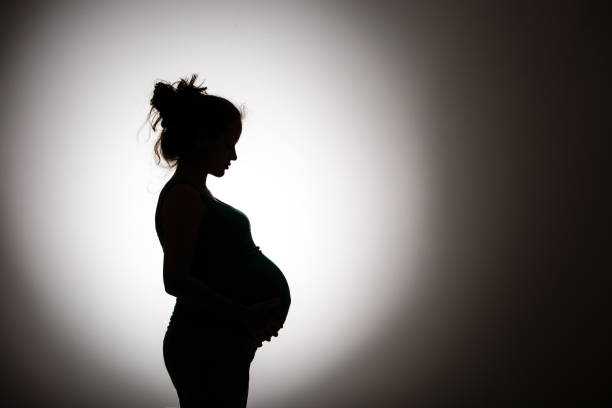Mental health professionals gathered in a rural area of Galway, Ireland, to discuss a serious problem: Ireland’s pregnancy and alcohol misuse crisis.
According to a global study published in The Lancet, more than sixty percent of women in Ireland reported drinking during their pregnancies, making Ireland the leading nation in the world. Trailing not too far behind is the United Kingdom (41 percent) and Russia (37 percent).
As one of the guest speakers at a seminar on perinatal mental health, Justin Gleeson, director of the All-Island Research Observatory (AIRO), stated that the alcohol exposure rate in Ireland had reached “up to 70 percent.” Gleeson further stated that fetal alcohol spectrum disorders affect approximately 1 in 100 newborns (FASD).
The seminar was organized by Galway Healthy City, a member of the World Health Organization (WHO), and featured Malie Coyne, Mary T. O’Mahony, Moira Plant, and Catherine Anne Field, among others.
The panel addressed important issues before, during, and after pregnancy, as well as the stigma surrounding pregnancy and substance abuse, socio-behavioral risk factors, adverse childhood experiences, and the significance of the first one thousand days of a child’s life on brain development.
Dr. Malie Coyne, an eminent Irish clinical child psychologist, had several goals as a guest speaker, one of which was to reduce the stigma associated with parental substance abuse. Transitioning to parenthood necessitates substantial psychological and social adjustments, and because substance abuse is the most stigmatized of all health issues, all mothers feel guilty.
“Core of issue is pain, low self-belief, life traumas, isolation. Guilt and shame can be a significant barrier preventing mothers from getting support,” Dr. Coyne believes. According to Dr. Coyne, pregnancy and alcohol abuse have the following effects on the environment of caregiving:
- It affects parents’ judgment and ability to provide care and supervision.
- It can be socially isolating, hence less access to crucial external support.
- There is less time spent with kids and often inconsistent, harsh, and erratic discipline.
- It increases conflict in families and often co-occurs with domestic violence.
- Effects of neglect include abandonment, maltreatment, low frustration tolerance, and patterns of insecure or disorganized attachments.
- Erratic histories mean that parents can lack the foundation for effective parenting.
- Co-morbid depression/anxiety or DV decreased parental sensitivity.
What can be done to assist at-risk individuals, particularly young women who are more likely to binge drink?
To reduce stigma, Dr. Coyne suggests early intervention and prevention on resilience factors, strengthening inter-agency connections, and educating Irish women on the negative effects of alcohol on fetal outcome.
When asked if there is hope for Ireland’s pregnancy and alcohol abuse crisis, Dr. Coyne told Mental Daily, “I think it will start to decline gradually as public awareness is only beginning to take hold. It’s a difficult message in a country where alcohol is integral to almost everything.“
Dr. Coyne added, “We should extend our support to mothers, not our judgment.”

